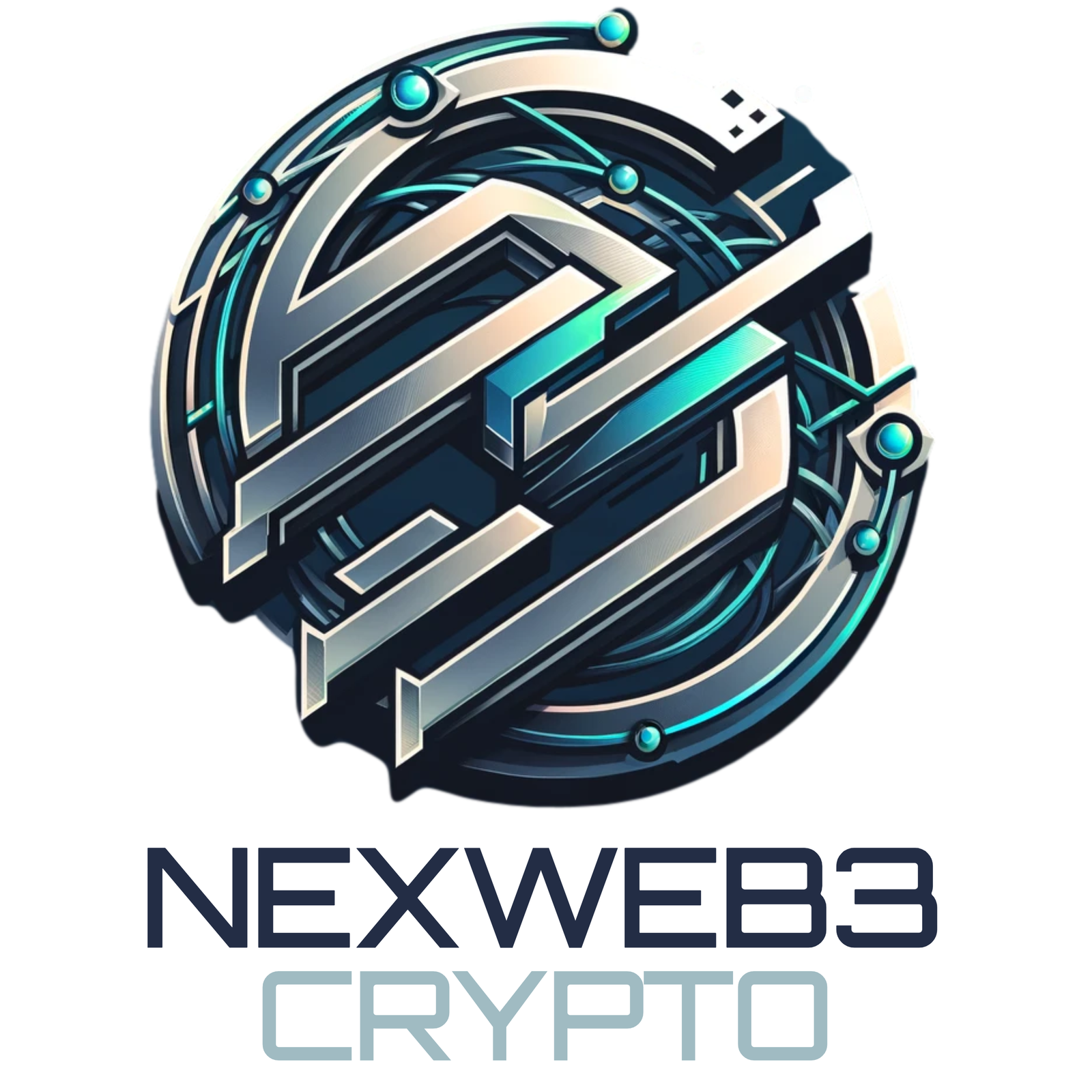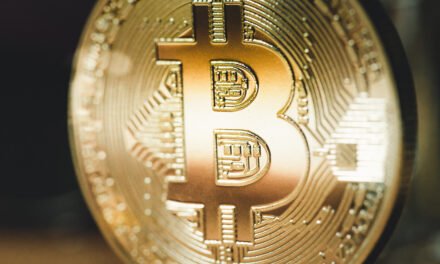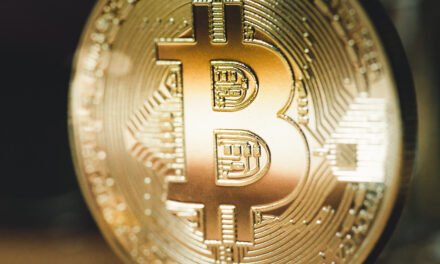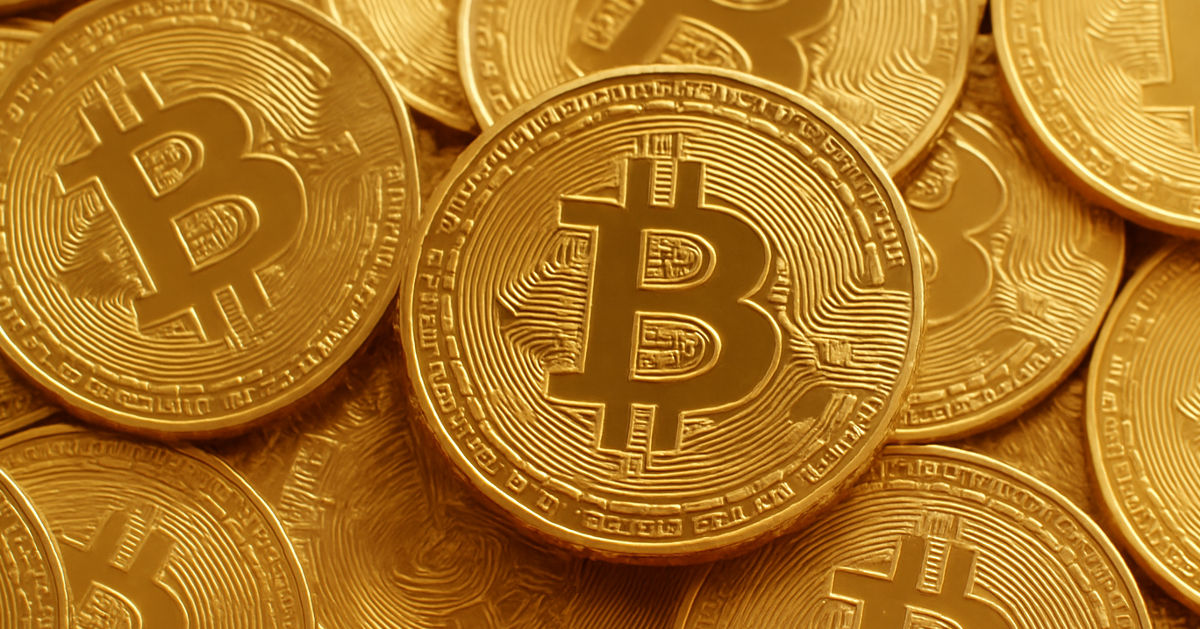Blockchain technology has been making waves in recent years, but it remains a mystery for many people. In this article, we’ll decode the world of blockchain and explain everything you wanted to know but were afraid to ask.
What is Blockchain?
A blockchain is essentially a digital ledger that records transactions between parties without the need for intermediaries like banks or other financial institutions. Each transaction is recorded as a “block” on the chain, which cannot be altered once it has been added to the chain. This makes the system highly secure and resistant to fraudulent activity.
How Does It Work?
When a new transaction occurs, it is verified by multiple nodes (computers) on the network. Once these nodes reach consensus about the validity of the transaction, it is added to the blockchain. The transaction becomes part of an immutable record that can be accessed by anyone with permission to do so.
The Rise of Cryptocurrencies: Bitcoin, Ethereum, and Beyond
Cryptocurrencies are one of the most well-known applications of blockchain technology. Bitcoin was the first cryptocurrency to gain widespread adoption, and its success paved the way for others such as Ethereum, Litecoin, and more. These currencies use blockchain technology to create decentralized systems where users can buy, sell, and trade currency without relying on traditional banking infrastructure.
Decoding Smart Contracts: Automating Business Processes with Code
Smart contracts are self-executing programs that run on top of a blockchain. They allow business processes to be automated using code rather than relying on human intervention. For example, smart contracts could be used to automatically execute payments when certain conditions are met, such as the delivery of goods or completion of services.
Understanding the Implications of 5G on Blockchain Technology
5G networks promise faster speeds and lower latency, which could have significant implications for blockchain technology. With faster connections, more complex transactions can be processed quickly, potentially enabling real-time settlement of trades or other high-speed applications. However, there are also concerns about security risks associated with increased connectivity, particularly around potential vulnerabilities in IoT devices.
The Future of Supply Chain Management with Blockchain
Blockchain technology offers a number of benefits for supply chain management, including improved transparency, traceability, and efficiency. By creating a shared database of information about products and their journey through the supply chain, stakeholders can access critical data at any time, reducing delays and improving decision-making. Additionally, blockchain can help prevent counterfeiting and ensure product authenticity, which is becoming increasingly important in industries like luxury goods and pharmaceuticals.
Why Blockchain Matters for Cybersecurity
Finally, blockchain matters for cybersecurity because it provides a level of security that is difficult to achieve with traditional IT infrastructure. As previously mentioned, each block in the chain is immutable, meaning it cannot be changed after it has been added to the chain. This makes it virtually impossible for hackers to tamper with sensitive data stored on the blockchain. Additionally, since all participants in the network have access to the same information, there is no single point of failure that can be exploited by attackers.






